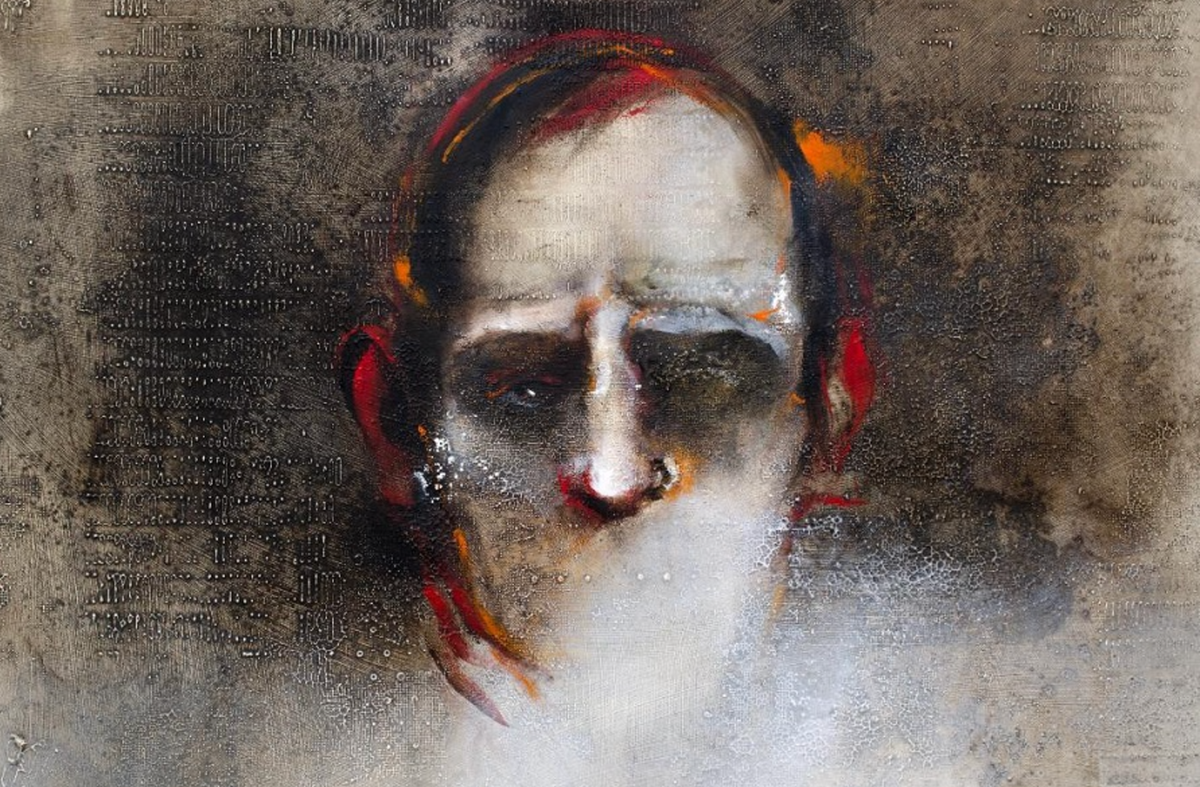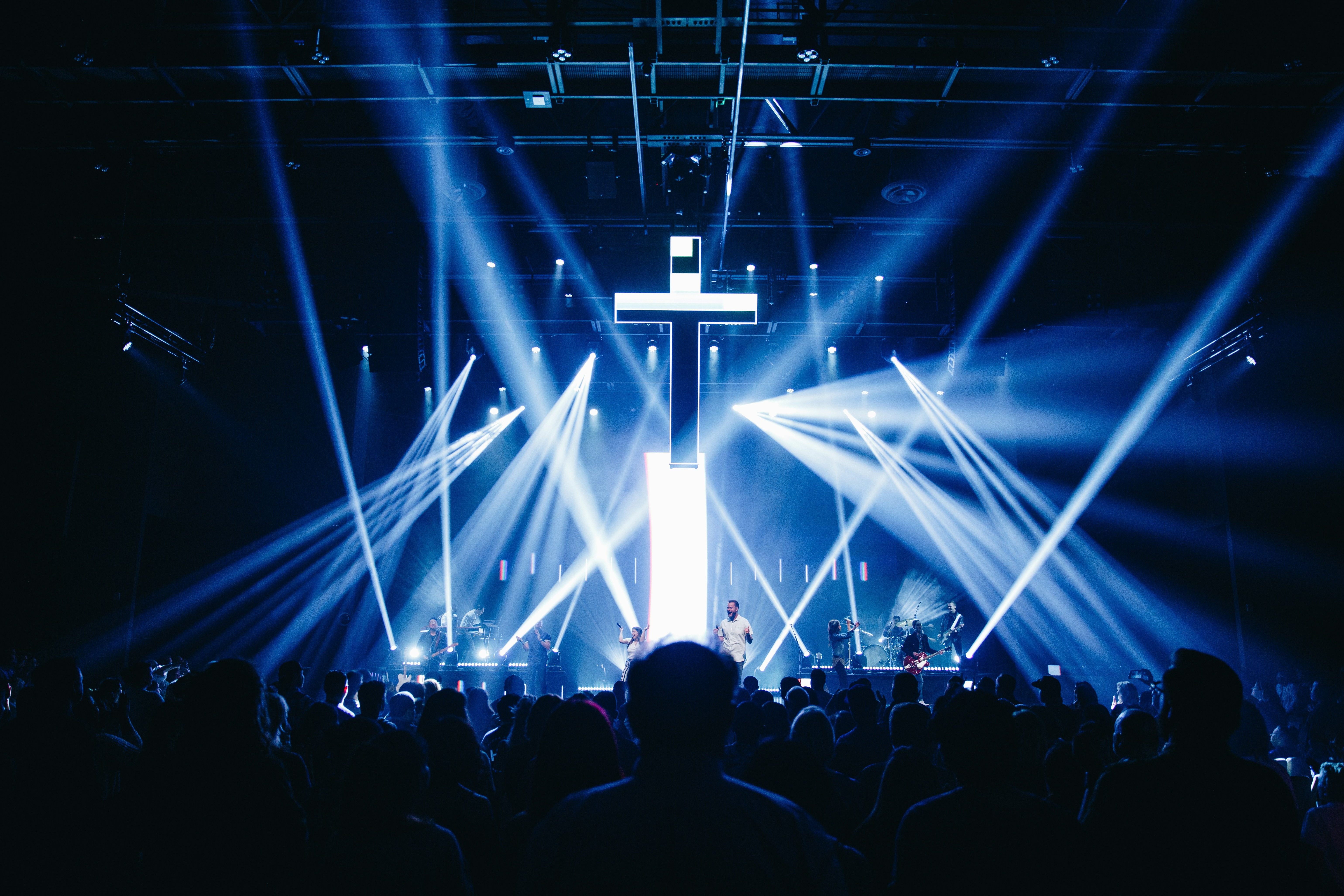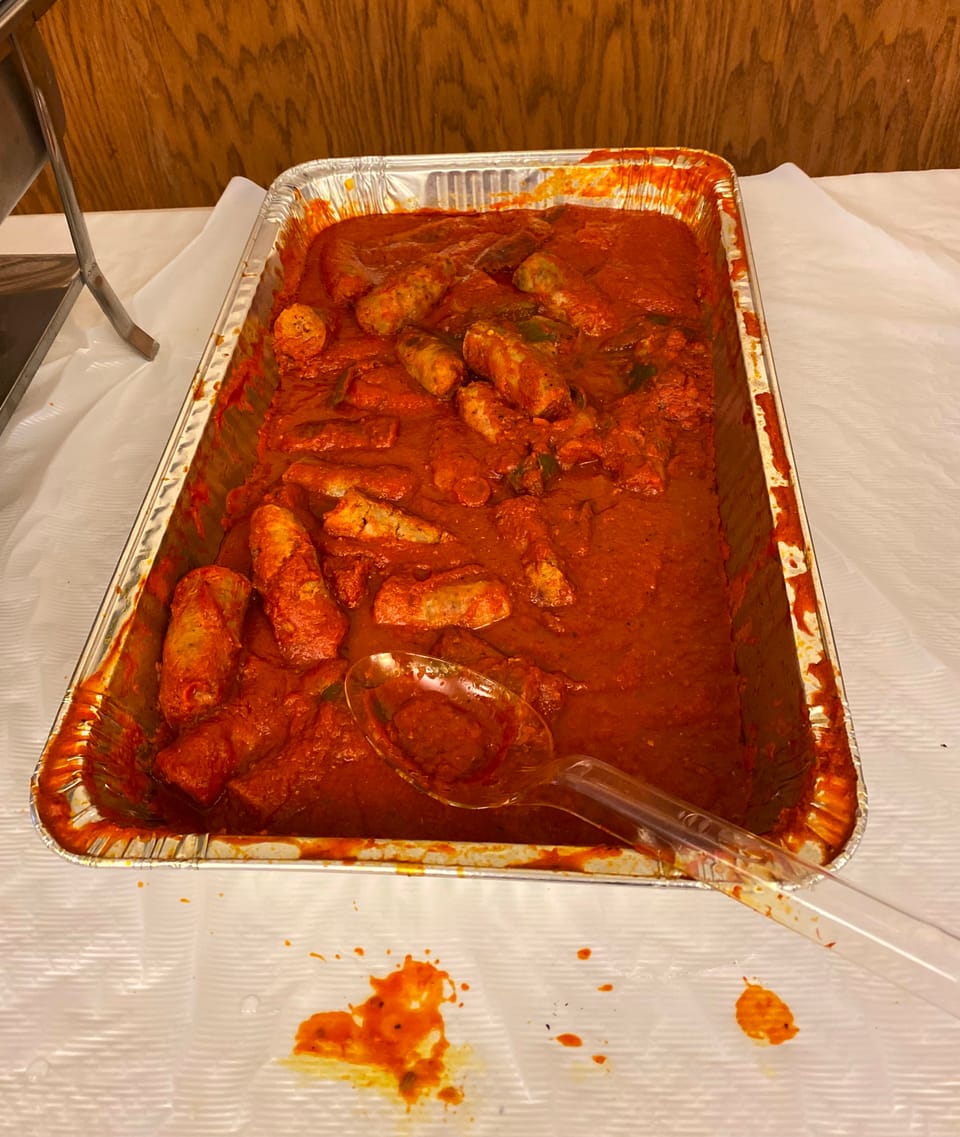A Stranger in the House
In their dementia, my parents don't know they are destroying their relationship with their trans granddaughter. Every minute I am with them is an agony

I was raised in a Southern Baptist household. Even though I now live in New England, I have obligations in the South—my MAGA-loving sister and parents are still there, and my parents are both suffering from dementia and other health problems.
Over the past seven years, since my daughter came out, I have wrestled with the conflict between this family I was born to and the family I created, which includes my trans daughter. I have disagreed with my parents to varying degrees since I was a teen and officially left the church at 17. But the rift between me and my parents has deepened into a chasm.
My parents were not always the extremists they are today. Years of marinating in Fox headlines they believe to be news, while at the same time sliding into a mental and physical decline exacerbated by the isolation of Covid, changed them.
I can’t even grasp that these two strangers are the people who raised me. How is it possible, this distance in our values?
The last time I visited, I could hear the clamor of Fox News in the living room as I worked on their taxes in the study. It was the usual racket about trans women destroying women’s sports. My father started ranting the so-called negative influence of trans people when my mother suddenly shushed him. Did she remember I was there? Was she aware I might overhear them? With dementia, it is hard to know where either of their minds are at any moment.
Back when my father was the father I grew up with—a nuclear physicist who rarely darkened our church’s steps—I like to imagine he would have been open to understanding my daughter’s experience. After she came out, my parents told me they accepted her. But that does not square with what they do, what they say, and how they act.
I would consider going no contact if my parents were of sound mind. But as it is, I can see they don't have the capacity to understand and make decisions the way they once did. Knowing the pull of their church community, I doubt they would soften their politics at this point in their lives even if they were at 100%—but with dementia, I have to give them the benefit of the doubt. Maybe, if they could, they would listen. Maybe they would make an effort to understand what life is really like for their granddaughter. The harm their words and actions cause her.
*
As much as possible, I limit my time in the South. But as fate would have it, five days after the election, still in shock at the loss of the America I believed in, I had to help care for my mother after a surgery. We tried to get her home health aide, but my mother would have none of it. She insists my father is enough. Above all, she doesn't want a stranger in her house.
When I landed, my sister drove us from the airport to, of all things, a comedy show. The guy used to be a Christian comedian, she explained, but was involved in some sort of sex scandal and has gone mainstream. My sister must have felt this would put me at ease, since she knows I will not set foot in the church again.

As soon as we walked into the arena, I saw that all of the employees were Black, whereas the audience was entirely white. My sister wouldn’t have registered this, because it's not that unusual in the South, but I felt my whole body tense up. The racial divide screamed MAGA. Not that the standup act would be crudely racist or homophobic, because my sister doesn't think she's that. No, likely it would be the very fine people on both sides type of racist code.
The comedian, John Crist (his name really is a letter away from Christ), was doing a show titled “Jokes for Humans.” Which humans would that be, I wondered. I was beyond uncomfortable, but I didn’t say anything: I have to maintain a civil relationship with my sister because we coordinate our parents' care. The act was just as I imagined. When the comedian reminded us, wink-wink, that “we all know who is in the audience tonight,” there was no mistaking the fact that he was speaking to Trump supporters. The audience applauded and cheered. I seethed with anger.
I couldn’t bear to turn and look at my sister’s face. Why had she brought me to this show? Surely she must have some idea what it was like for me?
I have told my sister, many times, how I feel. I have explained in detail how her views hurt me as a mother and harm her niece. I never see a hint of understanding in her face, just a vacant look with a slight head tilt.
That’s the thing about Christian evangelicals. They think of themselves as good people because they feed the poor, but they don’t get that good people can do bad things. When you try to talk to them about the harm they do, they look confused, like their programming is glitching.
“It's not personal,” they say.
It’s all I can do not to cry in every conversation I have with my sister about my daughter. It could not be more personal. My sister’s support for Trump’s anti-trans agenda is a constant attack on my child and me. I feel it in my bones.
*
I will not live in the South with a transgender daughter. I will never live in a place that is not safe for her to come home to. Over the past few years, with the acceleration of anti-trans laws, it has become clear that many states are not safe for families like ours. We follow journalist Erin Reed’s trans risk assessment map and cannot consider living anywhere that is not a shade of blue. We will no longer so much as pass through a “do not travel” state, which so far includes Florida and Texas. We used to be a Disney family, but so long, Disney World.

So this is my conundrum. I feel an obligation to take care of my parents, but I cannot live where they live. When I am in their house I feel overwhelmingly sad. Every minute that I am with them I am pretending that nothing is wrong. Inside, I am screaming.
My solution, for the time being, is to travel South for two weeks every few months and do as much for my parents as I can in that time. I monitor their healthcare and finances online. The rest of the time, my sister deals with their emergencies and other requirements, which are many.
I will try to endure these relationships so that I can take care of my parents the way they took care of me. In their dementia, they don’t see me as a stranger. I can't hope for more with them.
I do have hope that my sister, or some other old friend, will someday have a light bulb moment and see that equality and human decency are required for their Christianity. Equality is simply doing unto others as you would have them do unto you. That is not the lesson their church teaches.
When my parents are gone, I won’t be returning. Last May, my daughter came South with me to visit them. This election changed things. They don’t know it, but they may have seen their grandchild for the last time.


